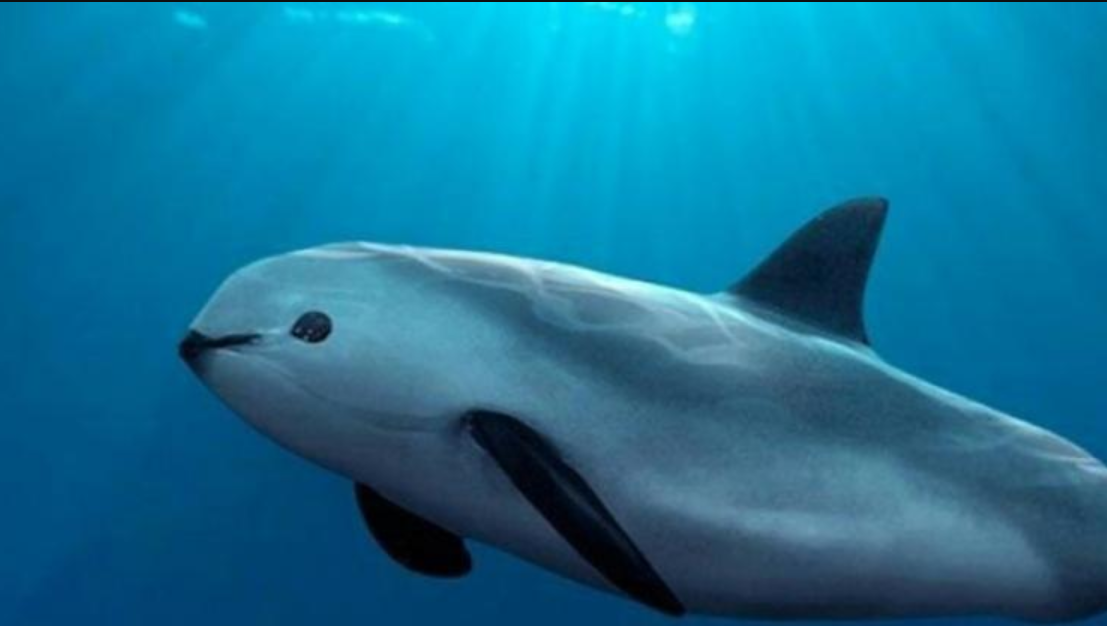Remembering Lolita: The Tragic Death of a Captive Killer Whale
Remembering Lolita: The Tragic Death of a Captive Killer Whale.
The topic of captivity in killer whales has garnered much attention and controversy in recent years, with one particular case shining a light on the detrimental effects of such confinement. Lolita, a female killer whale, has been held captive at the Miami Seaquarium for over five decades. Lolita's captivity is a compelling example of how confinement can negatively impact killer whales. Here we discuss and provide evidence to support the fact that captivity has detrimental effects on these cetaceans.

History of Lolita's Capture
Lolita was captured from the wild in 1970 during the infamous capture of Southern Resident killer whales in Penn Cove, Washington (Blaine et al., 2016). In this tragic event, several killer whales were taken from their natural habitat and transported to various marine parks across North America. Among them was Lolita who found herself at the Miami Seaquarium.
Life in Captivity
Lolita has spent her entire life confined to a small tank at the Miami Seaquarium (Blaine
et al., 2016). With dimensions far below what would be considered suitable for a creature as large and intelligent as a killer whale, her living conditions deviate significantly from those she would experience in her natural habitat (Noonan
et al., 2013).
Furthermore, instead of engaging in natural behaviors such as hunting and swimming long distances each day, Lolita is forced to perform repetitive routines for entertainment purposes (Blaine et al., 2016). This constant stimulation repetition undermines her natural instincts and social interactions.
Effects of Captivity on Killer Whales
Scientific research provides significant evidence supporting the harmful effects that captivity has on killer whales' physical and mental well-being. Studies have shown that captive orcas experience increased stress levels due to constrained living environments compared to their wild counterparts (Chiarello
et al. 2017). Additionally, the average lifespan of captive orcas is significantly shorter than that observed among their wild counterparts (Noonan et al.,
2013). Moreover, the confinement and lack of mental stimulation can lead to behavioral abnormalities such as aggression, self-harm, and stereotypic behaviors such as repetitive swimming patterns or chewing on concrete walls (Noonan
et al., 2013). These distressing behaviors are clear indications of the detrimental impact that captivity has on killer whales.
Ethical Concerns
The ethical considerations surrounding keeping intelligent and social creatures like killer whales in captivity for entertainment purposes are significant. Animal rights activists argue that confining these highly intelligent beings goes against their inherent right to freedom and a natural life (Blaine
et al., 2016). Marine biologists also express concerns about the psychological well-being of captive killer whales due to their complex social structures, which require large spaces to thrive (Noonan
et al., 2016). Industry representatives often defend captivity as a means of education, but this argument is problematic given the mounting evidence about the negative consequences experienced by captive killer whales.
Conservation Efforts for Killer Whales
Efforts aimed at protecting wild populations of killer whales have gained traction in recent years. Conservation initiatives focus on preserving natural habitats, reducing pollution in marine environments, and promoting responsible tourism practices that allow people to observe these animals without keeping them captive (Sidorov & Belokobylskiy, 2021). These efforts aim not only to protect wild populations but also to provide alternative ways for humans to appreciate marine megafauna.
Alternatives to Captivity
Alternatives to keeping killer whales captive for entertainment purposes exist and should be explored further. One such option is establishing sea pens or coastal sanctuaries where captive orcas can live more natural lives while still receiving care. These facilities would offer larger living spaces, opportunities for social interaction with conspecifics if possible, and a closer approximation of their natural habitat (Blaine
et al., 2016).
Public Awareness and Advocacy
Public awareness campaigns have played a crucial role in shedding light on the issue of captive killer whales. Documentaries such as "Blackfish" have raised public consciousness about the plight of these animals, prompting individuals to question the moral and ethical implications of keeping killer whales in captivity (Blaine
et al.,
2016).
Advocacy groups like the Whale Sanctuary Project are working tirelessly to support the creation of natural sanctuaries where captive orcas can be retired from entertainment facilities and given a chance at a more fulfilling life.
In conclusion, Lolita's captivity at the Miami Seaquarium serves as a poignant example of how confinement negatively affects killer whales. Why should we be concerned with this in Ireland you may wonder, well…, unfortunately, there are still killer whales captive in Europe today as we send this message out to ORCA Ireland members and followers. In 2022, a female killer whale died at Loro Parque Tenerife. The evidence presented in this blog highlights the detrimental effects that captivity has on their physical and mental well-being.
The ethical concerns surrounding keeping intelligent beings like killer whales captive for entertainment purposes cannot be ignored. Efforts must be made to promote responsible tourism practices and establish alternative solutions, such as sea pens or coastal sanctuaries, to ensure that these critically endangered marine top predators can live out their lives in environments that more closely resemble their natural habitats.
Works Cited
Blaine, Victoria. "Lolita and Friends: An Ethical Examination of the Life Histories of Captive Orcas." Aquila: The FGCU Student Research Journal, vol. 3, no. 1, 2016.
Chiarello, Manon, et al. "Captive Bottlenose Dolphins and Killer Whales Harbor a Species-Specific Skin Microbiota That Varies Among Individuals." Scientific Reports, vol.
7, no. 1, 2017.
Noonan, Margaret. "On the Behavior and Welfare of Killer Whales in Captivity."
Journal of Applied Animal Welfare Science, vol.
16, no. 4, 2013, pp. 394-394,
Sidorov, L. K., and I. F. Belokobylskiy. "On the Issue of Food Consumption by Okhotsk Sea Killer Whales."
Trudy VNIRO, vol. 185, 2021, pp. 68-83,
SHARE THIS ARTICLE













